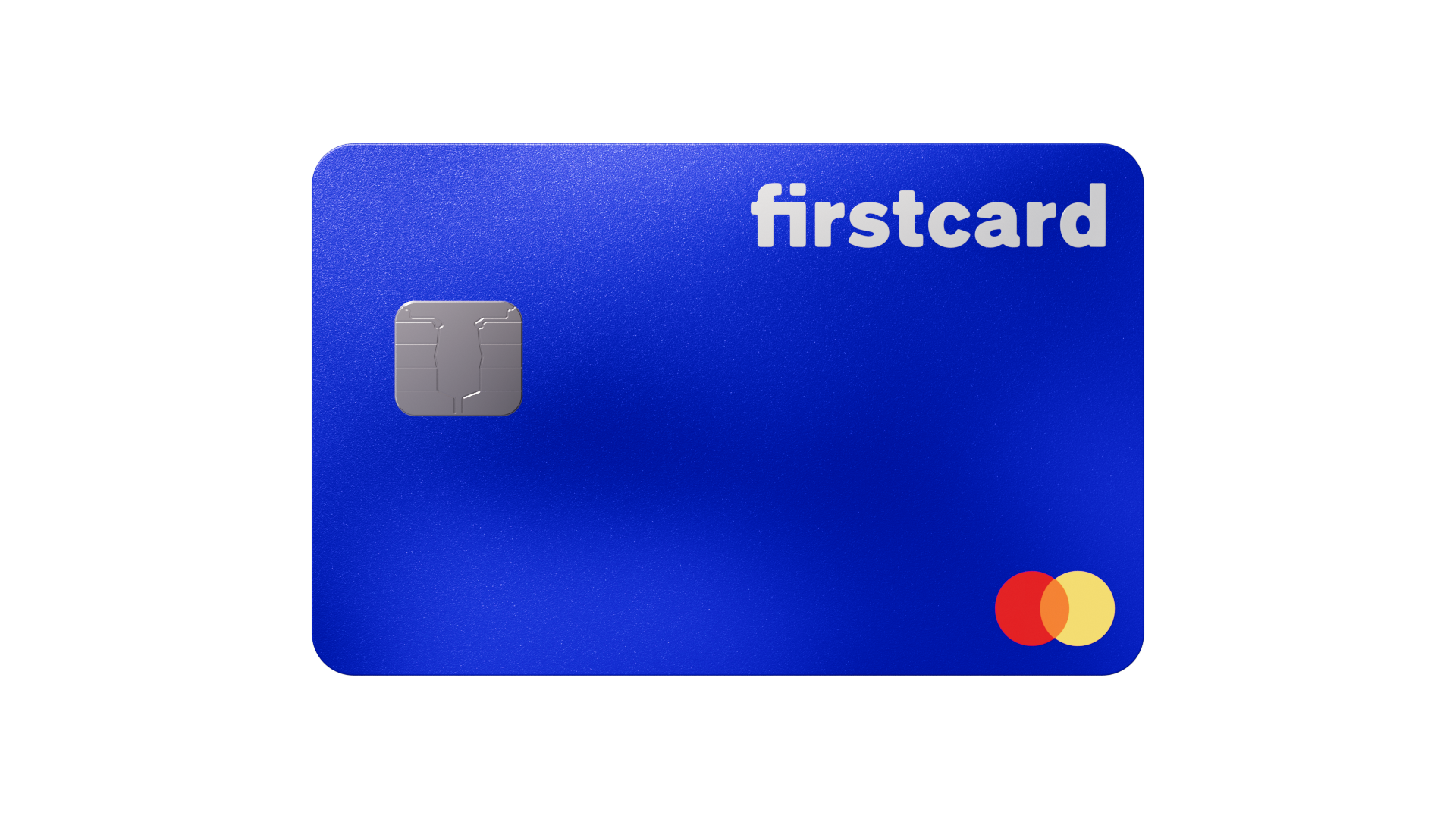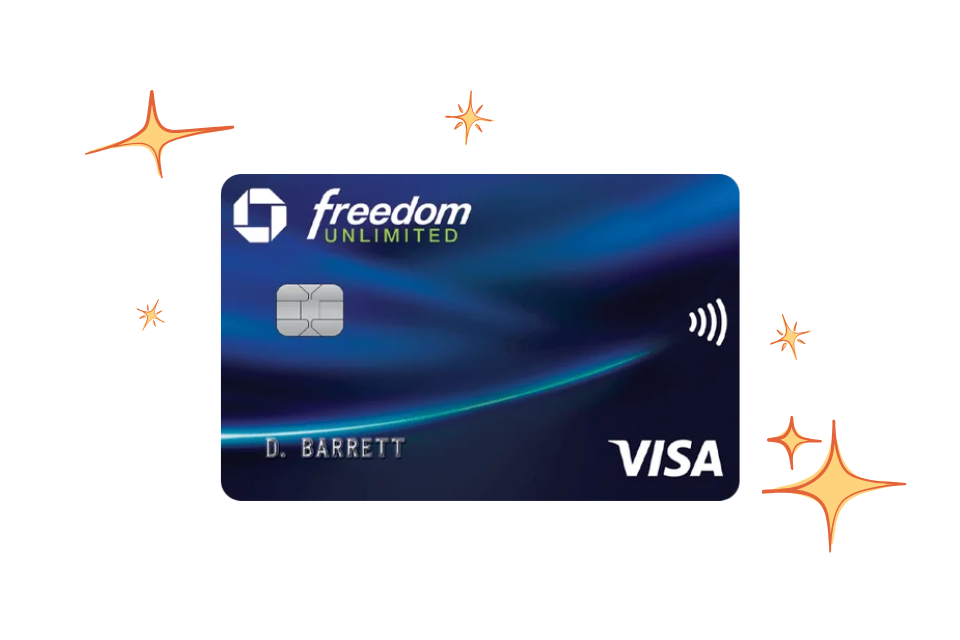The Role of Credit Cards in Managing Financial Emergencies

The Importance of a Financial Safety Net
In an increasingly unpredictable world, the ability to manage unexpected expenses is essential for maintaining financial stability. Whether it’s an urgent car repair, a sudden medical bill, or even an unexpected job layoff, having resources at your disposal can make a significant difference. This is where credit cards come into play, offering not just a solution to immediate financial needs but also providing a pathway to building a strong financial future.
Benefits of Using Credit Cards
Credit cards are not just plastic money; they provide several practical advantages that can help you in times of need. Let’s consider some of these benefits in detail:
- Immediate access to funds: Credit cards allow you to access a line of credit instantly. For example, if your car breaks down unexpectedly and requires a $500 repair, using a credit card enables you to pay for it without waiting to accumulate money in your savings account. This can be invaluable during an emergency.
- Rewards and cash back: Many credit cards come with rewards programs that offer points, miles, or cash back on your purchases. For instance, a card that offers 2% cash back on gas purchases means that when you fill your tank, you are effectively saving money. Over time, these rewards can help offset costs incurred through emergencies.
- Builds credit history: Using credit cards responsibly can help enhance your credit score over time. When you make timely payments and keep your credit utilization low, you demonstrate to lenders that you are a reliable borrower. This, in turn, can lead to better interest rates on future loans, such as mortgages or personal loans.
Exercising Caution with Credit Cards
Despite the advantages credit cards offer, it’s crucial to approach their use with caution. Mismanagement can easily lead to a cycle of high-interest debt. For instance, if you solely rely on your credit card for day-to-day expenses without a plan to pay it off, the balance can grow quickly due to accruing interest. Understanding the terms of your credit card, including interest rates and payment deadlines, is essential.
To effectively manage your credit usage, consider setting a budget that outlines how much you can afford to spend on your credit card each month. Aim to pay off the balance in full each billing cycle. This not only saves you from paying interest but also boosts your credit score. Additionally, setting up alerts for payment dates or using auto-pay features can help you stay on track.
Conclusion
A credit card can certainly be a vital financial tool that brings flexibility and convenience during emergencies. By utilizing these benefits wisely, you can create a solid financial safety net while simultaneously building a strong credit history. Always remember that responsible management is key; with the right approach, you can confidently navigate any financial surprises that come your way.
DISCOVER MORE: Click here for a step-by-step guide
Leveraging Credit Cards for Unexpected Costs
When financial emergencies strike, having a credit card can be a lifesaver. Many individuals find themselves facing unforeseen expenses at the most inconvenient times. Utilizing a credit card in such situations allows you to handle urgent costs without scrambling for available cash. Let’s delve into several pivotal ways that credit cards can serve as an effective tool during emergencies.
- Flexibility and Convenience: Credit cards provide a flexible payment option that is readily accessible. If you find yourself in a situation where you need immediate medical attention or face an unexpected car repair, whipping out your credit card allows you to avoid the hassle of finding an ATM or withdrawing cash. This convenience can be especially crucial in emergencies when time is of the essence.
- Grace Periods: Most credit cards come with a grace period, typically ranging from 21 to 25 days, during which you can pay off your balance without incurring interest. This can be beneficial in managing unexpected expenses because it gives you some leeway to gather the funds needed to settle the bill. For example, if you need to pay for a surprise vet visit, you can charge it and have weeks to pay it back without added costs.
- Emergency Services: Many credit card companies offer additional services that can be beneficial during financial emergencies. Some cards include travel insurance, roadside assistance, and even purchase protection. For instance, if you have a travel credit card and you experience a sudden flight cancellation, the card might cover the expenses of rebooking, giving you peace of mind in a stressful situation.
In addition to providing immediate access to funds, credit cards can also help you manage your cash flow during challenging times. By spreading out larger expenses over several months, you can maintain a balanced budget even when faced with an unexpected financial burden. However, it is vital to have a repayment strategy in place to avoid accumulating excessive debt.
Another important aspect of using credit cards wisely during emergencies is understanding interest rates and how they can impact your finances. Credit cards often have high-interest rates, so failing to pay off the balance within the grace period can lead to escalating debt quickly. Being aware of your card’s terms will help you make informed choices about your spending. Consider making a habit of reviewing your credit card statements regularly to stay on top of your financial obligations and avoid surprises.
In summary, while credit cards can provide much-needed support during financial emergencies, they must be used thoughtfully and strategically. By leveraging their benefits while maintaining awareness of potential pitfalls, you can navigate unexpected financial challenges with greater ease and confidence.
DISCOVER MORE: Click here to learn about credit card interest rates
Building a Safety Net with Credit Cards
Credit cards can also play a crucial role in building a financial safety net during emergencies. They can serve as a buffer, allowing you to react quickly to unforeseen expenses while ensuring that you are not completely depleting your savings. Here are some ways credit cards can support your financial strategy in times of need.
- Rewards and Cash Back Programs: Many credit cards offer rewards points or cash back on your purchases. In an emergency situation, using a card that provides these benefits can help offset some of the costs incurred. For example, if you have a card that offers 2% cash back and you spend $1,000 on an unexpected car repair, you would earn $20 back that can go towards future expenses. Strategically using these rewards can add a small cushion to your finances over time, which can be particularly valuable during a crisis.
- Emergency Credit Limits: Some credit cards come with built-in emergency credit limits that you may not even be aware of. This feature can provide access to extra funds when you need them most. Before using your card, it’s wise to check your credit limit and understand how much you have available for urgent expenses. This understanding can prevent added stress when life presents unexpected challenges.
- Creating an Emergency Fund with Credit Card Offers: Some credit cards also have promotional 0% APR on balance transfers or new purchases for a limited time. If you’re faced with a sizable financial emergency, transferring high-interest debt to a card with 0% APR can provide relief, allowing you to focus on paying it off without accumulating additional interest during that period. However, be sure to have a plan to pay off the balance before the promotional period ends to avoid reverting to high-interest rates.
While the benefits of credit cards are substantial, it is essential to balance their use with good financial habits. Tracking your spending and ensuring that you won’t exceed your repayment capability is crucial in avoiding the spiral of debt. Creating a budget can help monitor where money is going and ensure that any new expenses charged to the credit card can be managed responsibly.
Another point of consideration involves credit utilization. This term refers to how much credit you are using compared to your total available credit. Keeping this ratio low, ideally under 30%, can help maintain or improve your credit score. This is especially important during financial emergencies, as a healthy credit score can make it easier to access financing options if needed in the future.
Furthermore, in the landscape of financial emergencies, it’s a good idea to be aware of your credit score’s impact on your credit card offers and limits. Regularly reviewing your credit score and understanding what factors influence it can empower you to make better decisions about your finances. Resources such as free credit score services can give you insight into your financial health and readiness to tackle any unexpected setbacks.
Incorporating credit cards as part of your larger financial management strategy offers both protection and versatility during emergencies. Nonetheless, the key is to use them wisely and in conjunction with other financial tools to create a comprehensive safety net that helps you weather any storm. By understanding both the advantages and responsibilities associated with credit card use, you can confidently face financial challenges as they arise.
DISCOVER MORE: Click here for a step-by-step guide
Conclusion
In the realm of personal finance, credit cards can be valuable allies when managing financial emergencies. They provide immediate access to funds, offering a quick response to unexpected situations like medical bills, vehicle repairs, or urgent home repairs. By utilizing rewards and cash back programs, you can slightly cushion the impact of these expenses, enhancing their utility during times of need. Additionally, understanding your emergency credit limits can provide peace of mind, allowing you to face situations with greater confidence.
Furthermore, leveraging promotional offers such as 0% APR can afford you the flexibility to manage larger expenses without the burden of accruing high interest. However, it is crucial to remember that responsible usage is key; tracking your spending, maintaining a healthy credit utilization ratio, and having a solid repayment plan are essential practices that can help avoid falling into debt crises.
Ultimately, credit cards should be considered part of a broader financial strategy. They are most effective when combined with other savings and budgeting tools, forming a comprehensive approach to financial management. By using credit wisely and remaining informed about your financial health, you can turn credit cards from potential hazards into valuable resources that empower you to navigate financial uncertainties with confidence and control.


